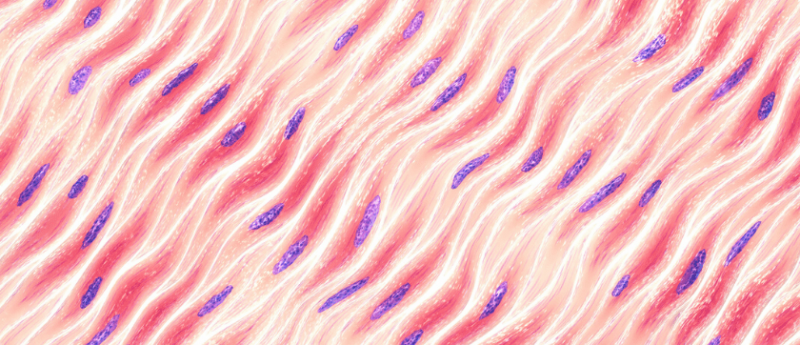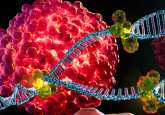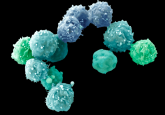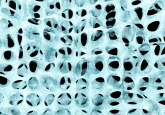Functionalized core/shell nanofibers for the differentiation of mesenchymal stem cells for vascular tissue engineering

Cardiovascular diseases are the number one cause of death, with 17.9 million lives taken globally each year. Cardiovascular diseases cover a range of conditions that affect the heart and blood vessels, of which, atherosclerosis is one of the most common. Atherosclerosis leads to many problems and current treatment options include major coronary artery bypass surgery. A recent research article published in Nanomedicine outlines the development of core/shell nanofibers to encourage the differentiation of mesenchymal stem cells (MSCs) for vascular tissue grafts.
Abstract
Aim: Atherosclerosis is a common cardiovascular disease causing medical problems globally leading to coronary artery bypass surgery. The present study is to fabricate core/shell nanofibers to encapsulate VEGF for the differentiation of mesenchymal stem cells (MSCs) into smooth muscle cells to develop vascular grafts. Materials & methods: The fabricated core/shell nanofibers contained polycaprolactone/gelatin as the shell, and silk fibroin/VEGF as the core materials. Results: The results observed that the core/shell nanofibers interact to differentiate MSCs into smooth muscle cells by the expression of vascular smooth muscle cell (VSMC) contractile proteins α-actinin, myosin and F-actin. Conclusion: The functionalized polycaprolactone/gelatin/silk fibroin/VEGF (250 ng) core/shell nanofibers were fabricated for the controlled release of VEGF in a persistent manner for the differentiation of MSCs into smooth muscle cells for vascular tissue engineering.





